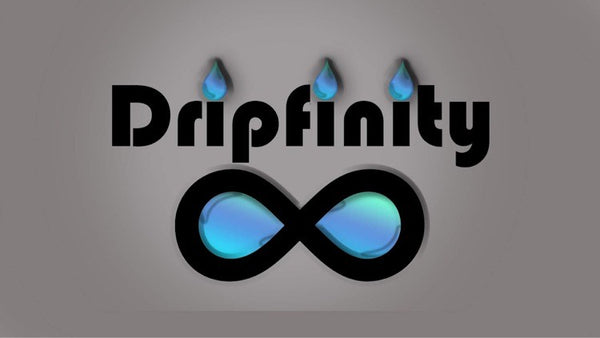Unforeseen Hazards: The Unintended Consequences of AI
Artificial Intelligence (AI) has undoubtedly revolutionized the way we live and work. From voice assistants like Siri and Alexa to recommendation algorithms on streaming platforms, AI is seamlessly integrated into our daily lives. However, with great power comes great responsibility, as AI also presents certain unforeseen hazards and unintended consequences that we need to address.
The Dark Side of AI
While AI offers countless benefits, it is not free from risks. One of the greatest concerns is the potential for biases and discrimination present in AI systems. AI algorithms learn from existing data, and if that data contains biased information, it can perpetuate unjust outcomes. This inadvertent bias can affect decisions related to job applications, loan approvals, and even criminal justice.
Additionally, AI-driven automation poses challenges to the workforce. As machines become more advanced, there is a fear of significant job displacement. Tasks that were once performed by humans are now being taken over by robots and algorithms, leaving many workers unemployed or requiring them to acquire new skills to adapt to the changing job market.
Unintended Consequences in Unforeseen Places
The unintended consequences of AI are not limited to biased algorithms or job displacement. They can manifest in unexpected ways in various domains. Take the case of social media platforms, for example. AI-driven algorithms designed to maximize user engagement can inadvertently contribute to the spread of misinformation, echo chambers, and even amplify harmful content.
In the healthcare industry, AI may improve diagnostic accuracy and patient care. However, relying solely on AI systems may lead to over-reliance and decreased human judgment, potentially compromising patient safety in critical situations. It is crucial to strike a balance between AI and human expertise to ensure the best outcomes for all.
The Path Forward
Despite these unforeseen hazards, it is essential to remember that AI is a tool created by humans. As such, it is within our control to address these unintended consequences and minimize the risks associated with AI. Ethical considerations must be ingrained into the development and deployment of AI systems.
Transparency is vital when it comes to AI algorithms. In order to minimize bias, it is crucial to regularly audit and review the data on which these algorithms are trained. Implementing diverse and inclusive development teams can also contribute to designing fairer AI systems that better serve all individuals, regardless of their background.
Moreover, policymakers need to be proactive in establishing regulations and frameworks for the responsible use of AI. Clear guidelines and legal boundaries can ensure that AI is harnessed for the greater good, without compromising privacy, security, or human rights.
The Upside of AI
In conclusion, while AI poses unforeseen hazards and unintended consequences, it also brings countless benefits to society. We utilize AI systems every day to save time and money in business operations, leading to increased efficiency and productivity. AI enables us to automate repetitive tasks, analyze vast amounts of data, and make informed decisions faster, fueling innovation and growth.
So, despite the challenges we face in harnessing AI, with the right approach and careful consideration, we can navigate this technological landscape and reap the rewards it offers. Exciting advancements await us, shaping a future where AI contributes to a better world for all.

